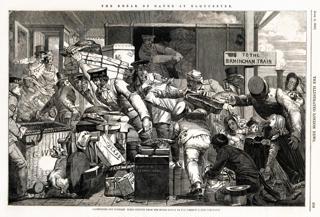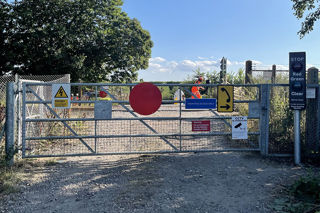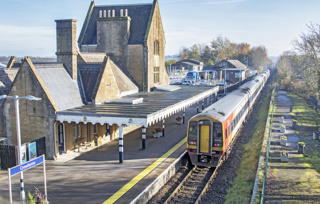Vivarail will be wound up and its remaining assets sold to pay creditors, after no rescue bids were received for the failed train manufacturer.
Having consumed “significant” amounts of cash on product development, delayed introductions of new trains, contract renegotiations with train operators, and higher-than-expected maintenance costs on the West Midlands Trains (WMT) Class 230 fleet, the company was facing a £1 million shortfall at the end of 2023.
As a result, when primary financial backer Railroad Development Corporation (RDC) declined to provide additional assistance in October 2022, the company was forced to seek alternatives.
Vivarail’s administrator, Grant Thornton, explored new sources of funding - including banks, key customers, and government bodies. But none was prepared to provide backing.
This led to the company being placed in administration on November 23 2022 and offered for sale, with the loss of 39 jobs. Despite interest from at least four parties in late 2022, no offers were received for the business or assets.
RDC owned 50% of Vivarail shares, with the late Adrian Shooter holding 26.8% before his death in late 2022. The remaining shares were split equally between three individuals: Neil Bates, Ian Wenman and David King.
In a report filed to Companies House on January 23, Grant Thornton advises that a proposal for maintenance operations to continue on the Class 230 fleet was rejected by WMT due to increased costs, a lack of warranty support, and a requirement for indemnities in favour of the administrators. As a result, a further 22 employees were made redundant, leaving just seven to assist in the liquidation process.
WMT reports that Vivarail was replacing up to three engines a week on its Class 230 diesel multiple units, resulting in low availability and higher-than-expected operating costs.
According to the administrators, the design, manufacture and testing of the Fast Charge System for traction batteries - seen as a potentially market-leading product - consumed “a significant proportion” of the capital investment provided by RDC.
However, as this product is still awaiting authorisation from Network Rail, it has yet to generate any revenue or profit and could not be sold to raise additional funds. The intellectual property (IP) for the system and other tangible assets is currently under offer, and its value remains confidential.
SWR’s ‘484s’ are maintained by Island Line in Ryde, and it has little choice but to find a solution that will allow it to continue using the bespoke trains.
WMT withdrew 230003-005 from the Marston Vale Line in November, immediately after Vivarail went into administration. As no alternative trains are currently available, a bus replacement service is expected to continue until 2024.
To read the full story, see RAIL 977
You can subscribe for print/digital access via www.railmagazine.com/subscribe

















Andrew Long - 16/02/2023 10:32
Extremely disappointing to learn that WMT see no solution, other than bus replacement, for the Marston Vale Line train service. In the light of this they should be excluded from the proposed EWR Oxford - Milton Keynes Central train service when that line reopens - because they clearly demonstrate that they are not "fit for purpose"!